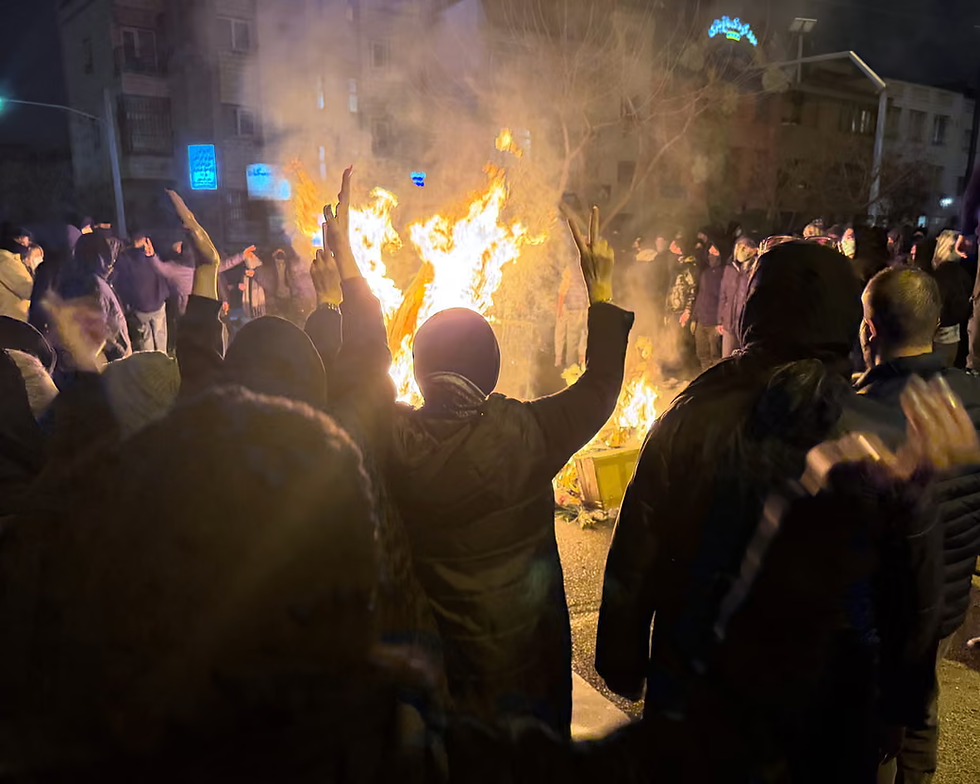Kurdish Council denounces Syrian elections as illegitimate
- Kurdistan 24
- Jul 17, 2024
- 2 min read
Updated: Sep 18, 2024
Kurdistan 24 Digital Media
2024/07/15 12:57

Syrians elect new members of the Parliament in Damascus on July 15, 2024. (Photo: AFP)
ERBIL (Kurdistan 24) – The Kurdish National Council in Syria (ENKS) has released a statement denouncing the Syrian general elections as illegitimate, asserting that the results are skewed in favor of the ruling party.
"The Syrian regime continues to exert its authority by force through these elections, disregarding UN resolutions aimed at resolving the civil war and political issues in Syria," the ENKS statement declared.
The statement emphasized that, according to UN Resolution 2254, elections must be conducted smoothly and inclusively across all of Syria. However, with many Syrians currently refugees or displaced, the ENKS argues that the current elections are illegal and violate United Nations resolutions.
The ENKS highlighted that the election outcomes clearly favor the Ba'ath Party and its allies.
Today, Syrians in government-controlled areas are voting in the fourth parliamentary elections since the civil war began in 2011. The polls are expected to maintain the Ba'ath Party's dominance, which has been in power since 1963, with its secular left-wing and Arab nationalist allies facing minimal opposition.
As reported by Syria's Supreme Judicial Elections Committee, over 1,500 candidates are competing for 250 seats in the largely symbolic parliament following the recent withdrawal of approximately 7,400 candidates.
"We must elect capable individuals and avoid repeating past mistakes by voting for old names who cannot bring change," stated Bodoor Abu Ghazaleh, a 49-year-old health ministry employee, at a Damascus polling station.
Under Syria's quota system, 127 seats are reserved for workers and farmers, while the remaining 123 seats are open to candidates from other professions.
The Ba'ath Party is anticipated to secure the majority of the seats in this legislative ballot, which occurs every four years.
With support from key allies Iran and Russia, Damascus has regained significant territory lost during the early years of Syria's 13-year civil war. The conflict, which began with the suppression of anti-government protests, has evolved into a complex war involving foreign armies and jihadist groups, resulting in over 500,000 deaths and the displacement of millions.
In government-controlled areas, Syrians aged 18 and over with an identity card are eligible to vote at approximately 8,150 polling stations. Syrians in the Kurdish-controlled northeast, in regions held by Turkish-backed rebels along the northern border, and in the jihadist-dominated Idlib area in the northwest are effectively excluded from voting.
Candidates are vying for seats in these regions, but only those residing in government-held areas can cast ballots at designated polling stations.
In Damascus, posters for candidates from Idlib and Raqqa, a former stronghold of Islamic State jihadists now controlled by Kurdish-led authorities, are prominently displayed. Polling stations will remain open until 7:00 PM (1600 GMT).
Millions of Syrians who have sought refuge abroad during the conflict are also unable to vote.
Last week, Syria's exiled opposition condemned the elections as "absurd," asserting that government-organized polls "only represent the ruling authority" in the absence of a political resolution to the conflict. United Nations-backed efforts to achieve a political settlement have repeatedly failed, and talks since 2019 on revising the country's constitution have stalled.
Kurdistan24 ©Copyright 2021






